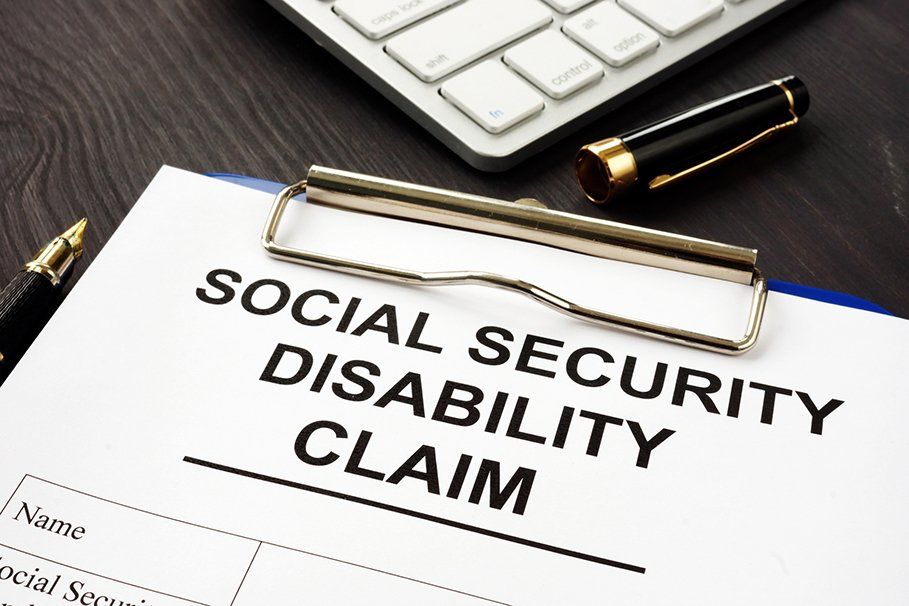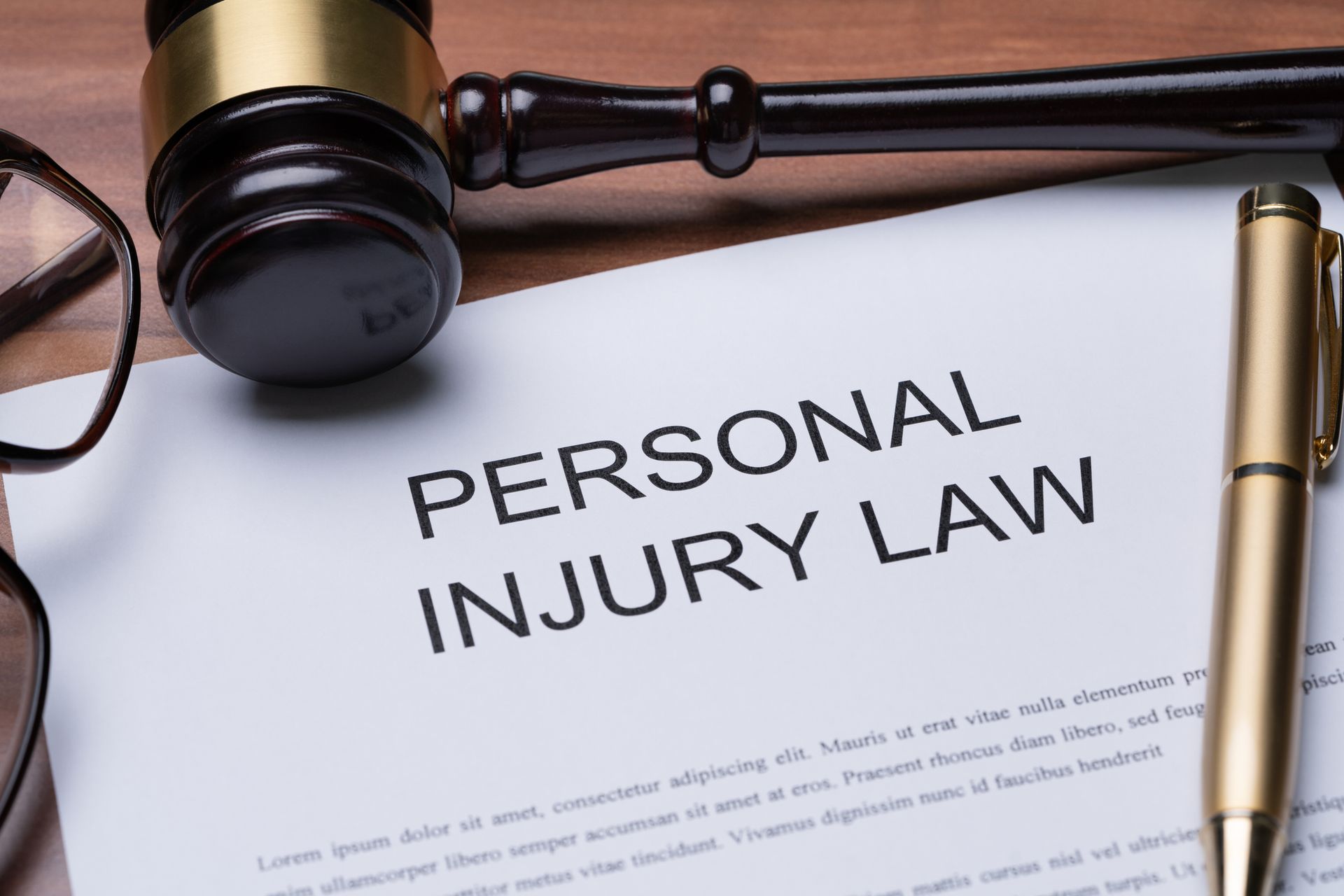Why Are So Many SSD Claims Denied the First Time?

The majority of Social Security Disability applications - a national average of 65 percent- are denied when they are first filed. Many of those applicants eventually go on to win their claims on appeal, either through a reconsideration at the state level or in a hearing in front of an Administrative Law Judge (ALJ).
Why is that happening? If the claims were valid, why do disabled people have to suffer through all the waiting and appeals before they get their benefits? Here's what you should know.
The Disability Claims Process Could Be a Lot Better
The Social Security Administration doesn't actually make the decision on the disability claims it handles. Instead, they contract out the process of making disability decisions to an agency in each state known as its Disability Determination Services (DDS).
A DDS claims examiner will compile your medical records and any other evidence deemed important into a file which can ultimately end up being hundreds of pages thick. Then a doctor takes a look at the file and the recommendation given by the claims examiner and either approves or denies the claim.
Recent inquiries into how carefully files are inspected revealed some surprising information. Doctors often only spend minutes looking at each case before approving or denying it. In fact, one doctor in the Tennessee DDS reviewed an average of one disability claim every 12 minutes!
The Claims Examiner and Doctor Look for Specific Things
In reality, the DDS claims examiner and doctor are looking for certain pieces of information. They want to check the boxes next to a list of criteria that they use to determine if someone is disabled under Social Security's narrow definition of disability.
One of those rules is that you must have a condition that appears in SSA's Listing of Impairmentsor have a combination of conditions that are medically equivalent to a listed condition. In addition, each listed impairment has a specific set of symptoms you have to show in order for your condition to be disabling.
That's a fairly tough set of rules to meet. If the information in your file isn't presented in a way that is easy for the claims examiner and doctor to follow, your claim is likely to be denied. Similarly, if the wrong test result is omitted from your file, your claim could be denied.
For example, if you have an anxiety disorder you have to have a minimum of three specific symptoms. Plus, those symptoms have to affect you in specific mental ways or be persistent for at least two years and leave you unable to cope with changes in your routine, despite efforts to find an effective treatment.
You Can Affect the Outcome of Your Claim
Many disability claims are denied because applicants don't know the formula that the DDS follows. They don't realize that they need to use just the right words to describe their condition and include just the right medical records if they want their claim to be approved.
An experienced attorney, like those at The Law Offices of James B. Gillespie, Jr., PLLC, can consult with you and discuss your condition at length in order to understand the full scope of your limitations. He or she can then compare your condition to SSA's Listing of Impairments to see how you may qualify as disabled.
Then your attorney can help you complete the application so that it presents your information to the DDS the way they need to see it in order to grant approval. Your attorney can also make certain that no missing medical evidence causes your claim to be denied.
Don't take chances with your application for disability benefits. Whether you're filing the first time or filing an appeal, talk to an experienced attorney today.





